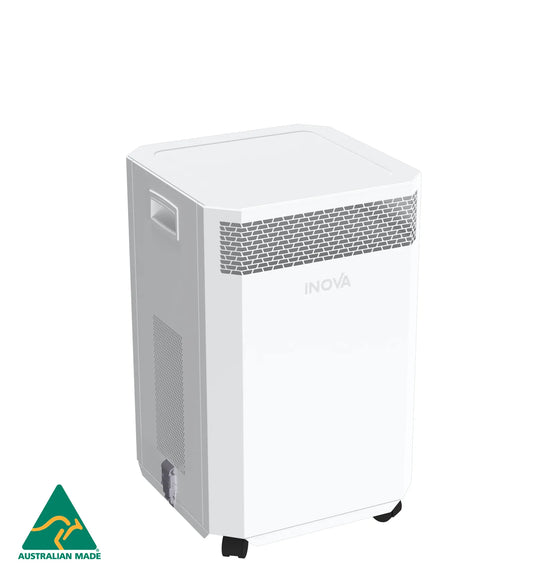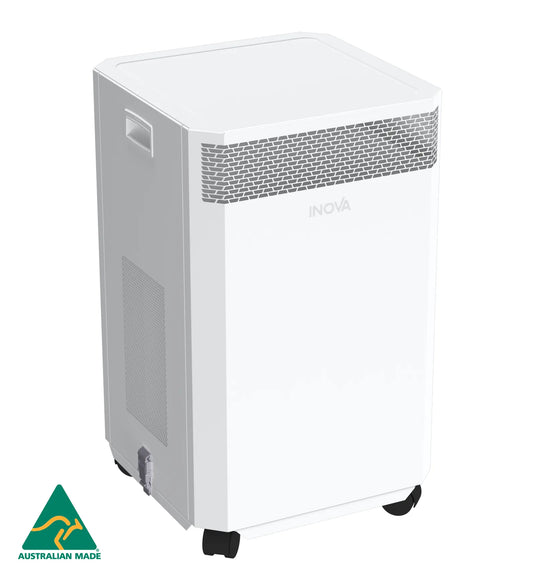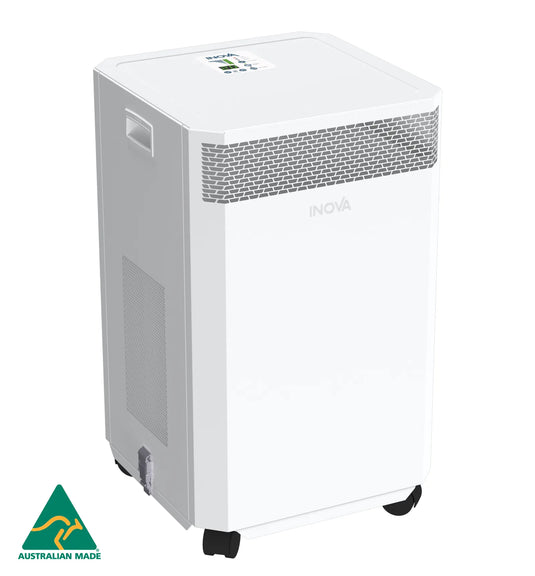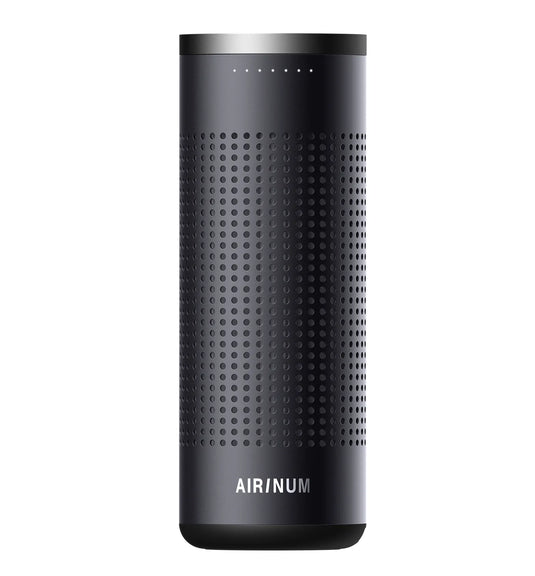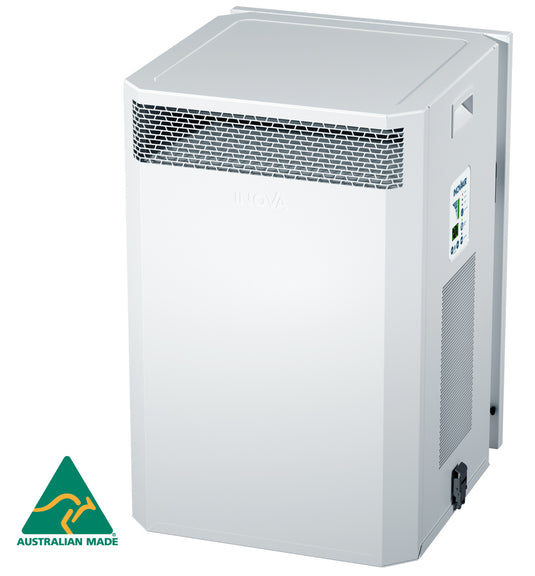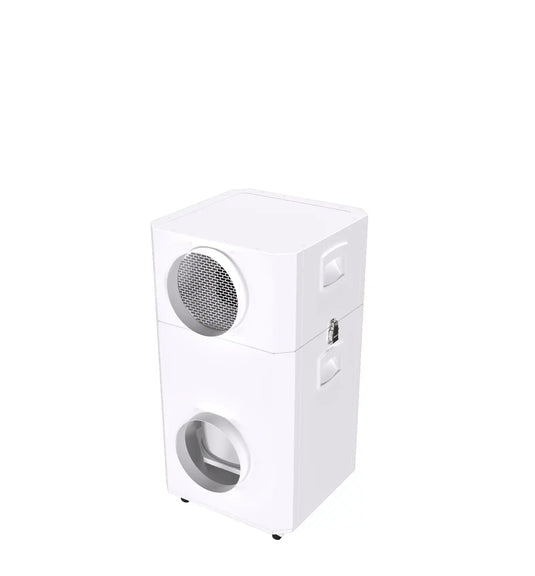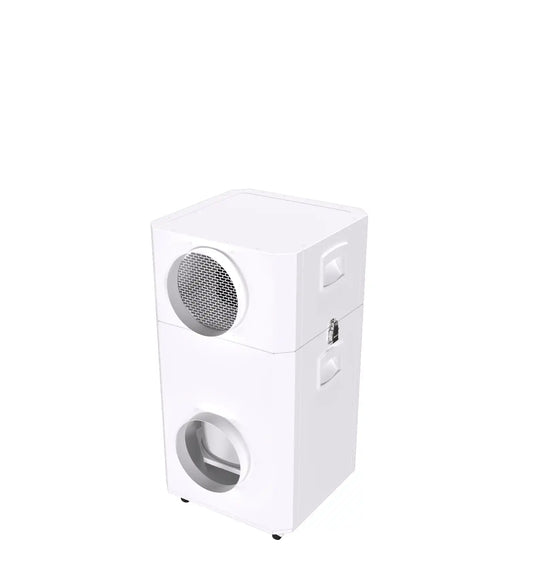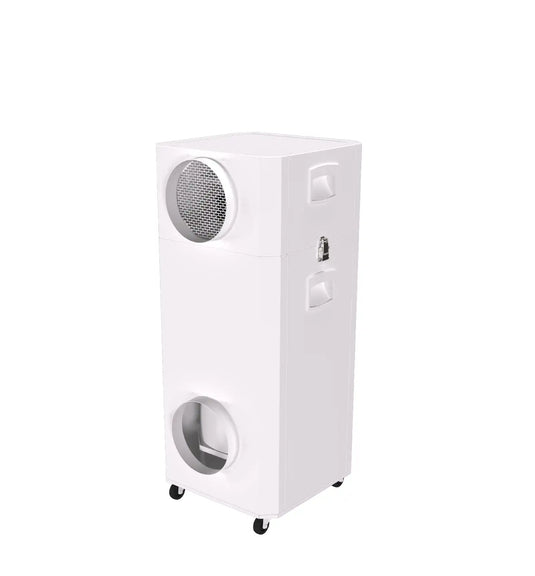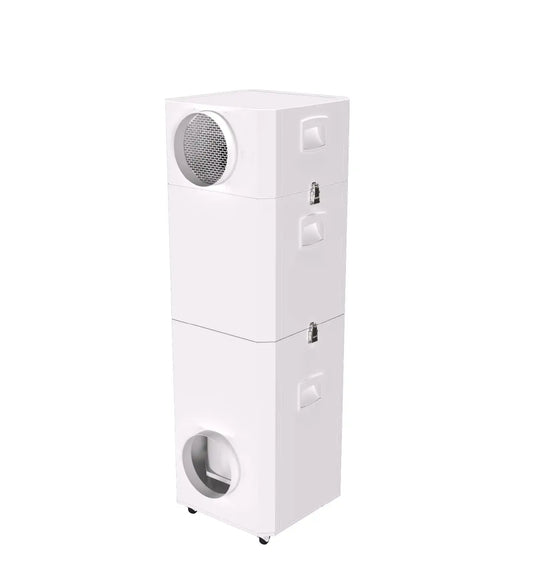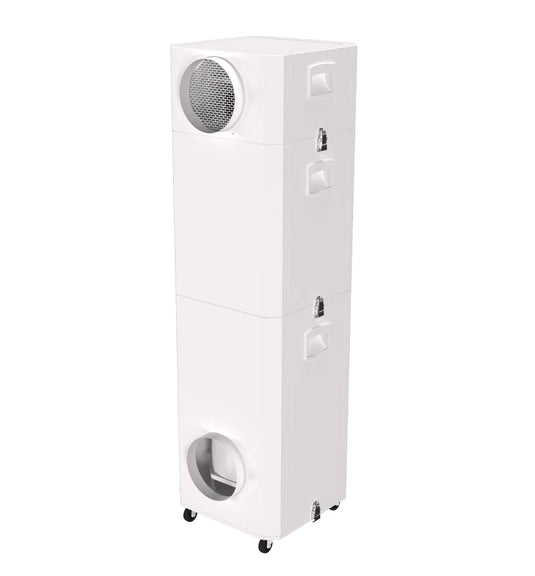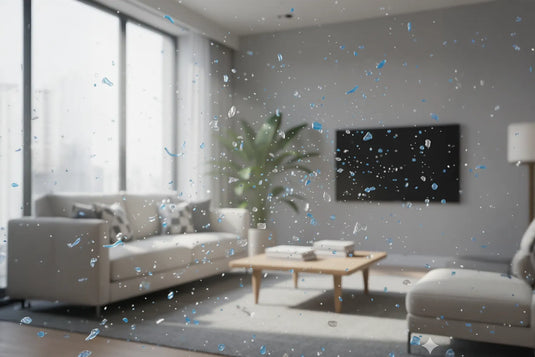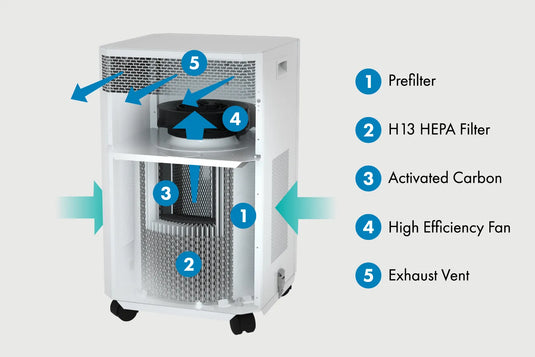Are you suffering from annoying autumn allergies?

When we think of allergies, we often think of spring, but did you know that autumn can be just as challenging for allergy sufferers? If you find yourself with a runny nose, post-nasal drip, itchy throat, sneezing and coughing, it might not be a cold coming on. It could be allergies.
What causes autumn allergies?
Allergies occur when our immune system reacts to pollen and other allergens, mistaking them for harmful substances. In Australia, there are two big offenders of autumn allergies.
The first is weed pollen. As the name suggests, it is pollen released from weeds. Because the pollen is microscopic, it quickly travels through the air and gets into your eyes, nose, and lungs.
The second is mould. As the weather cools, the use of heaters increases, and condensation can build up through your house. With dampness, darkness, and heat being the ideal mould conditions, it's no wonder mould tends to increase over winter.
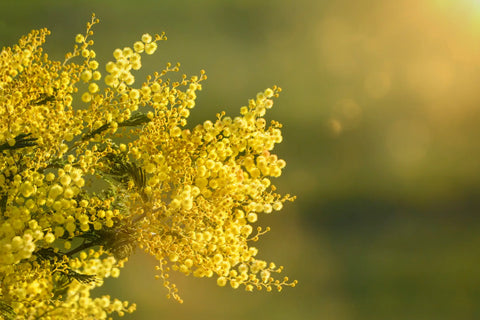
How can you prevent autumn and winter allergies?
It's safe to say that no one wants to spend the cooler months sniffling, sneezing, and coughing, particularly in the middle of flu season when people will think you are sick, not just experiencing allergies. The good news is that there are things you can do to minimise the impacts of allergies.
Vacuum more often.
It's just what you want to hear, right? More housework. But vacuuming more often can help keep pesty allergens like dust and pet dander out of your home.
Change your clothes when you get home.
When you get home each day, change your clothes, or take a shower. Our clothes and shoes can often retain allergens and pollutants in the air. This is particularly important if you've been out doing the gardening!
Clean your air conditioner regularly.
Cleaning your filters regularly is important to reduce dust and mildew in your air conditioning unit. Some companies recommend doing this as frequently as once a month.
Be careful with open fires and woodfire heaters.
A recent study has revealed the dangers of woodfire heaters. Like bushfire smoke, the smoke from woodfire heaters contains tiny particles, known as particulate matter (PM), that can be harmful when inhaled. The same goes for open fires.
If you are going to use a woodfire heater or open fire through the winter, pay special attention to the firewood you use, as it can be prone to mould.
Get an air purifier!
Getting an air purifier is one of the best ways to minimise your exposure to pollen and allergens.
While all air purifiers are designed to remove pollutants, allergens, and irritants from the air, it's essential to know that not all air purifiers can capture the same level of contaminants and irritants. You need an INOVA air purifier with a HEPA and Activated Carbon Filter to ensure your family has the best protection.
If you suffer from allergies to pollen, dust, and mould, you're likely also sensitive to other environmental toxins like smoke and VOCs from building materials. A high-capacity activated carbon filter with kilograms of carbon will filter out harmful chemicals, giving you seriously clean air to breathe and a significant reduction in allergy symptoms.
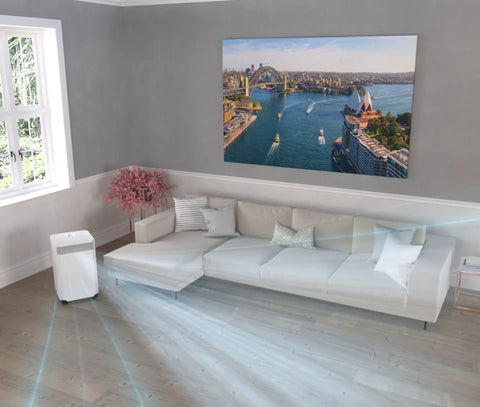
Settle your allergies today!
Want the best air purifier to remove pollen and allergens? Explore our allergy range.

